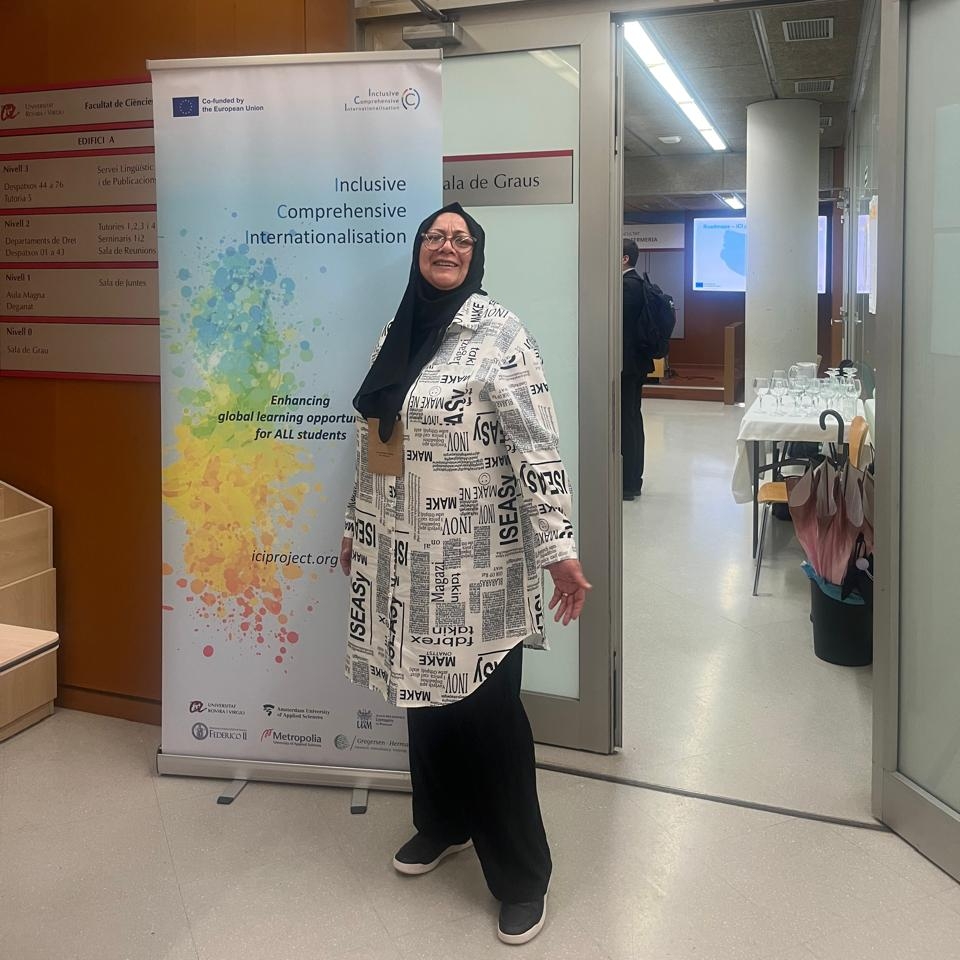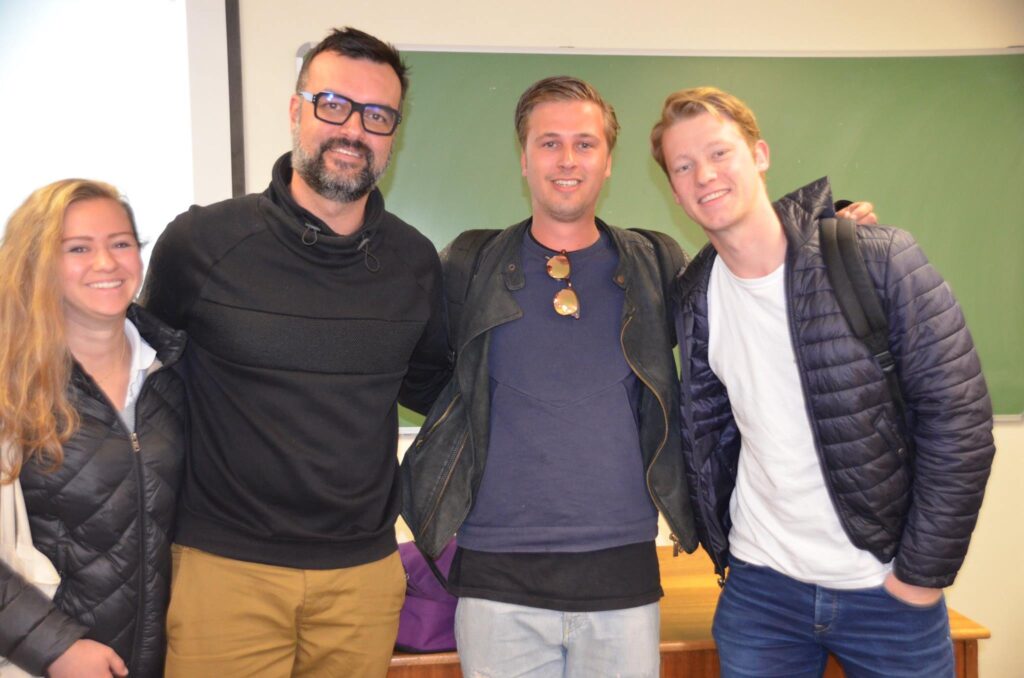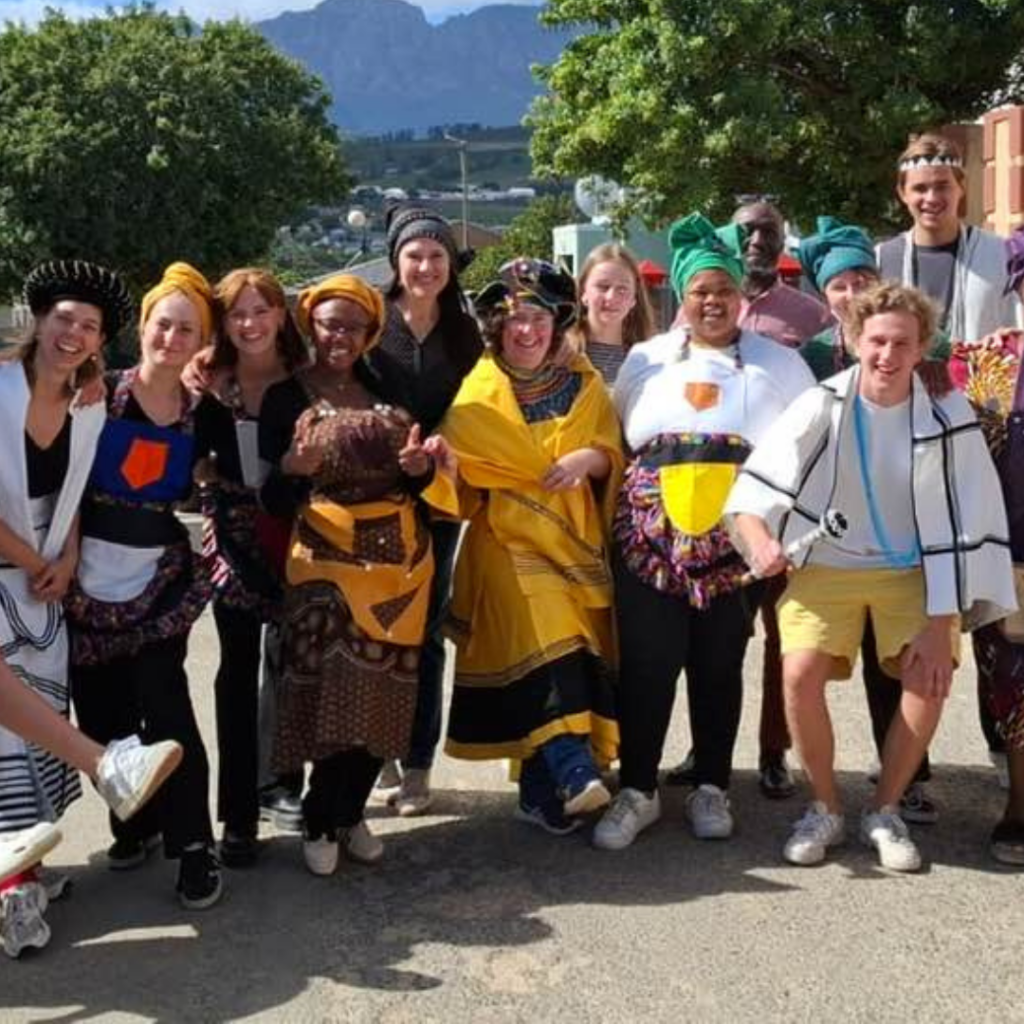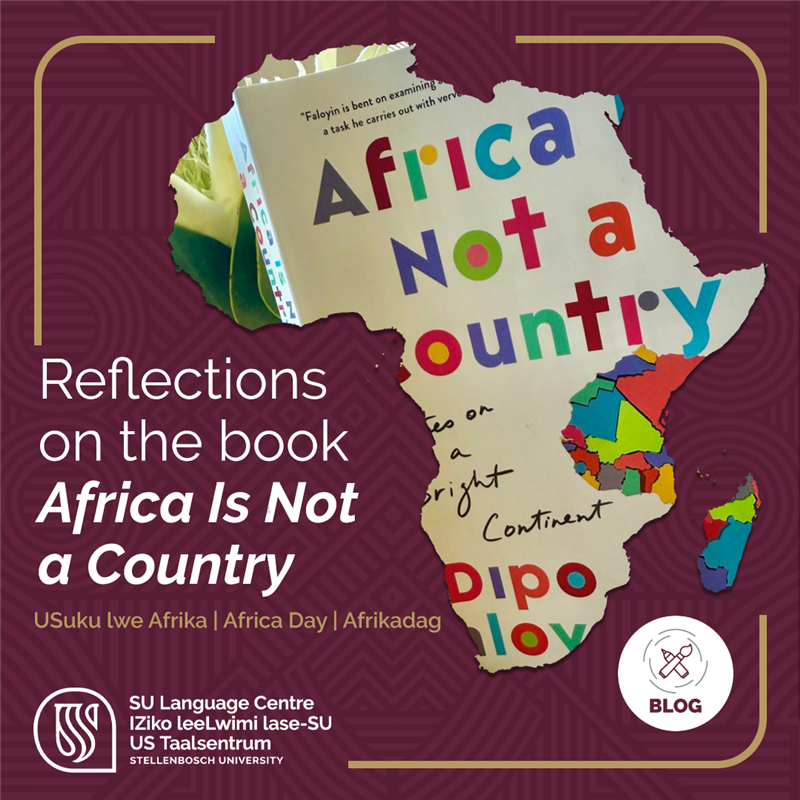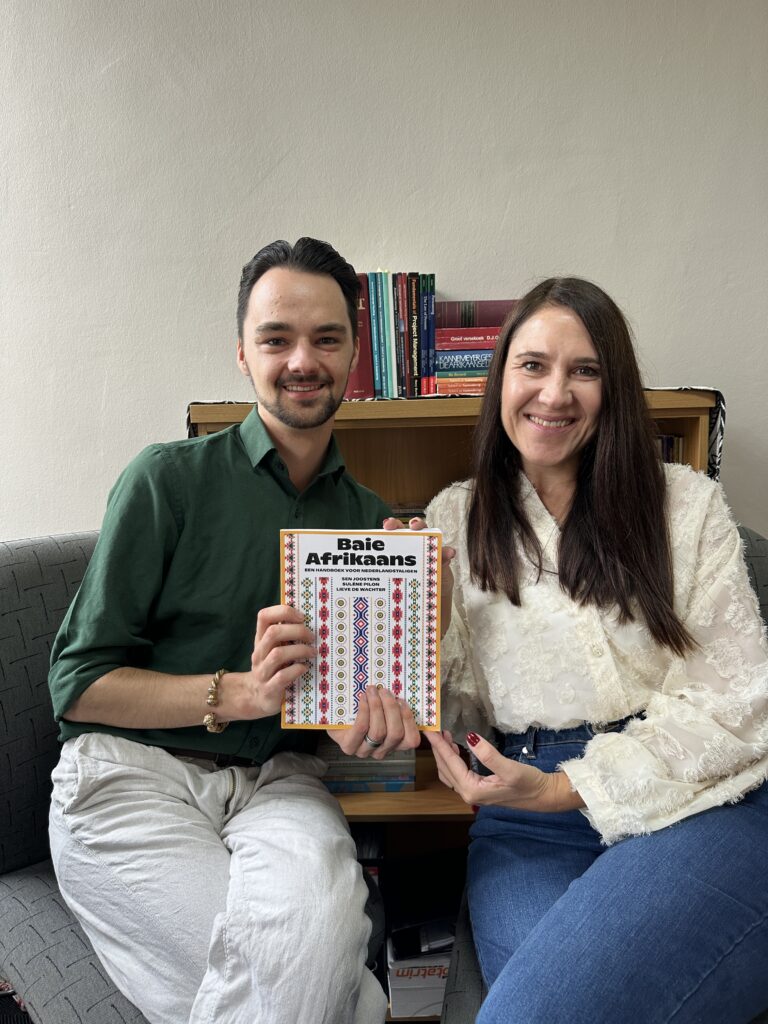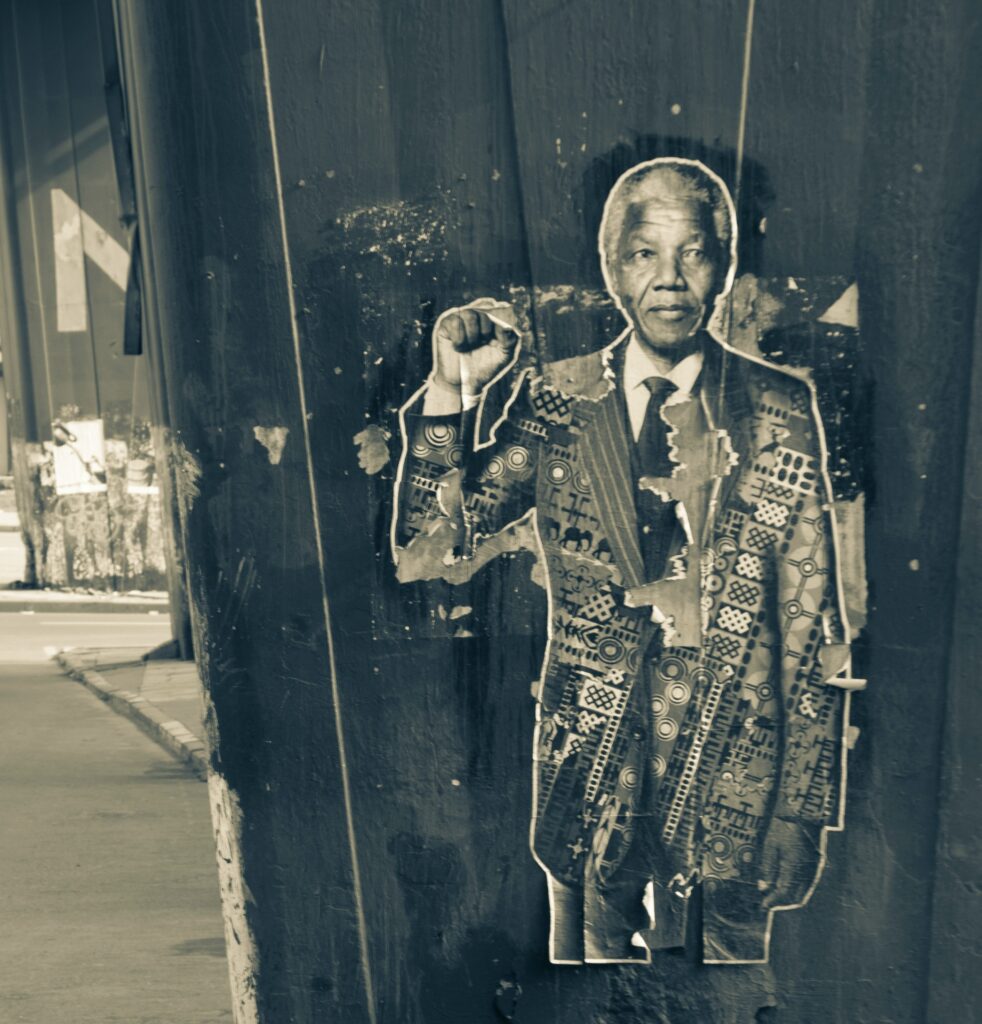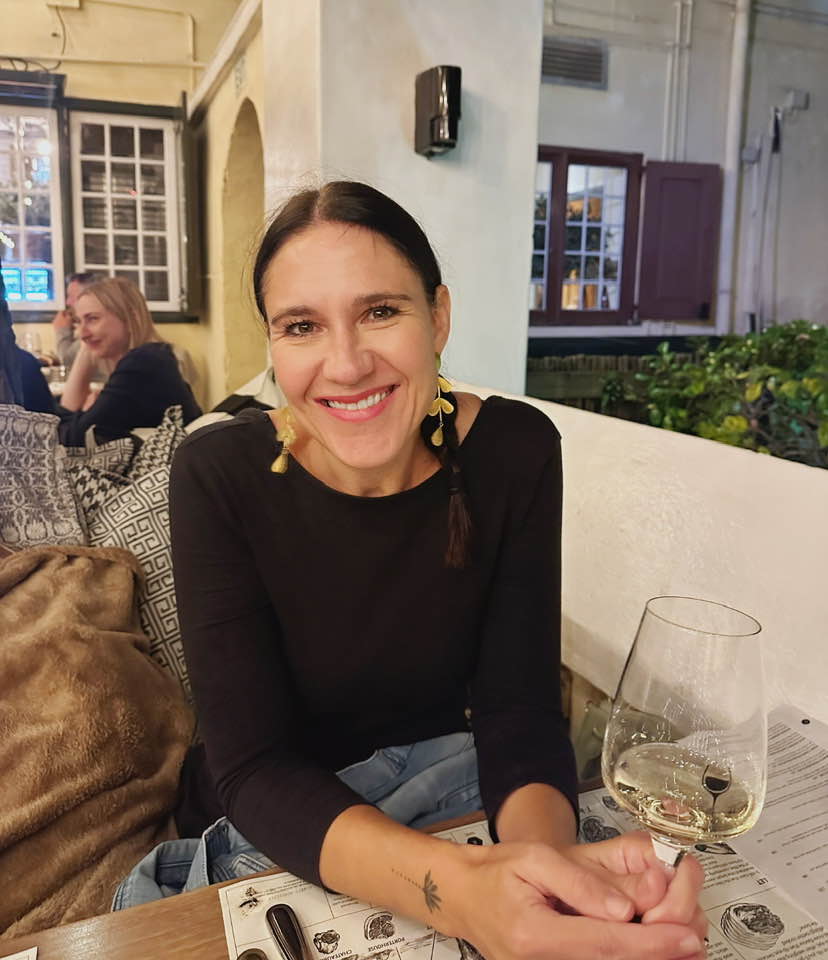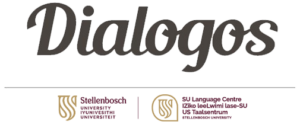Language Day 2025
What has the Language Centre been up to from May to July 2025?
Q and A with Dr Schalk van der Merwe in celebration of 10 years of Afrikaans language and culture for Dutch-speaking exchange students
Dr Schalk van der Merwe, extraordinary senior lecturer at Stellenbosch University (SU), has been a regular guest lecturer for several years at the SU Language Centre’s Afrikaans language and culture course for Dutch-speaking students, where he shares and discusses key events from South African history with students in a narrative style. “When it comes to the history and origins of Afrikaans, it is essential to reflect the language’s diversity, and also how it has served as a vehicle for social change,” says Dr Van der Merwe. As part of the course’s 10-year celebrations, we asked him a few questions.

